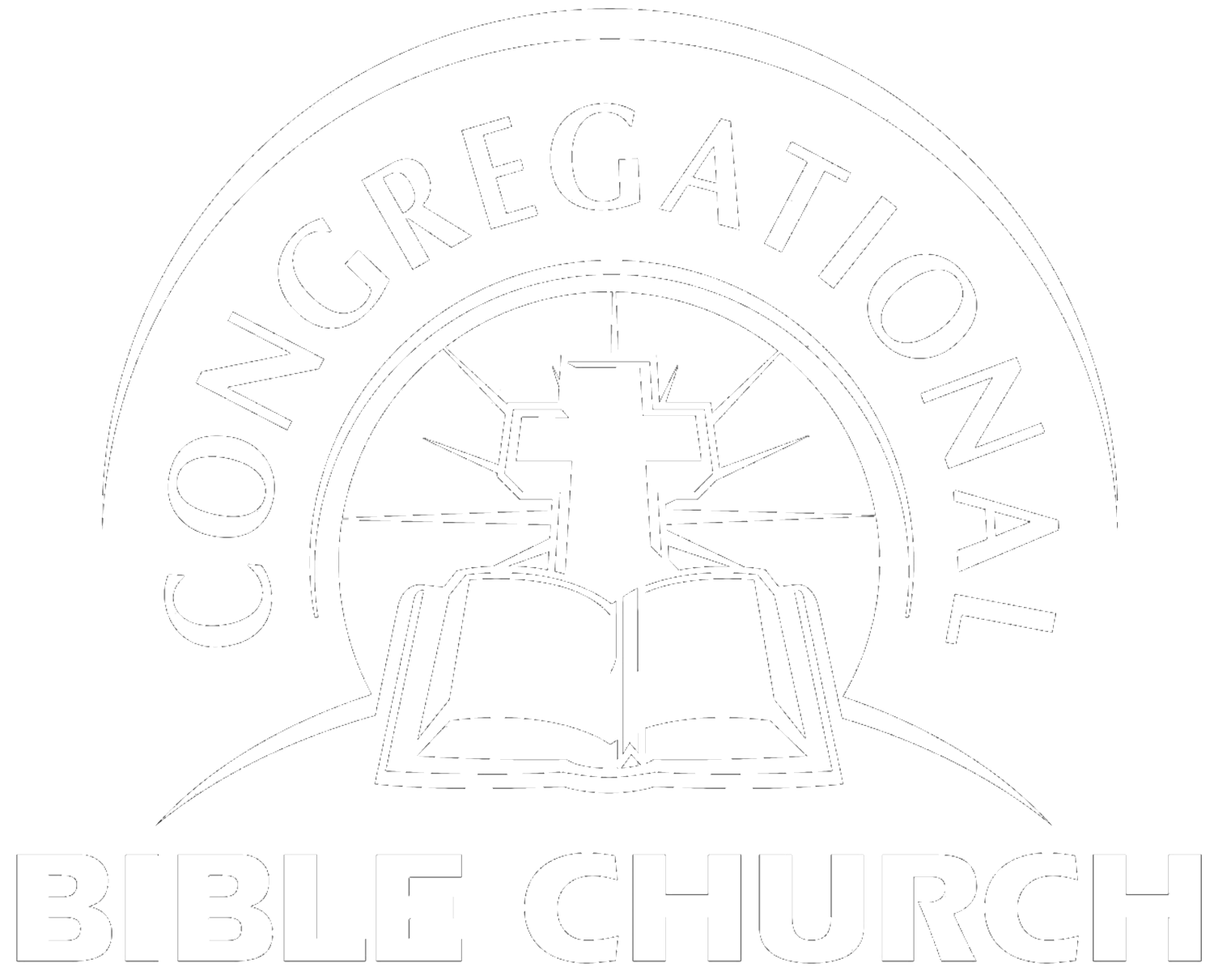While Martin Luther was leading the Reformation in Germany, others were following his lead and reforming their own countries as well. Ulrich Zwingli was the man who began the Reformation in Switzerland. This country had the same problems as Germany: corrupt Catholic leadership with the leaders of the church pursuing power, corruption, and adding to their number of mistresses for themselves!
Zwingli was born in Switzerland in 1484 just weeks after Martin Luther was born in Germany. He was highly educated and he was interested in the classics and music. Zwingli played 6 musical instruments! It was during this time that he was exposed to some teaching on Biblical theology and his interest in the Catholic Church began there. He became a priest when he was 22 years old and it was his desire to reform the abuses in the Swiss Catholic Church. He continued this post for 10 years.
Somewhere near the end of this time as a priest, Zwingli was converted. His conversion was more of a gradual process, rather than a sudden moment. As he continued to study the Scripture and see more of the Catholic Church abuses, he was more and more convinced that the Scripture must be his guide and not the traditions of Rome.
For his calling out of abuses in the Swiss church, he was forced to leave and become a priest in another town. However, he continued his attack on the Pope’s abuses and began to preach verse by verse through the New Testament. This consecutive exposition of Scripture led him to the conclusion that there was a significant difference between the New Testament and the Catholic Church’s traditions and ceremonies. He eventually resigned as a priest, renounced his papal pension, and was hired on as a general preacher for the city of Zurich.
The Reformation in Zurich was not just a theological one, but a practical one as well. Zwingli led the city in the removal of statues, crucifixes, and candles. Decorated walls were whitewashed, alters were replaced with simple tables, gold and silver were melted from crucifixes and crosses, and monasteries were transformed into places of care for the homeless and youth. What was left were simple churches with nothing to detract from the clear and simple preaching of the Bible. He also produced a New Testament in his native Swiss language.
The final straw for Zwingli came on April 16, 1525 when he officially abolished the mass in Zurich and celebrated the first Lord’s Supper there. He sat at a simple table, with a linen cloth, and wooden plates for the elements in the middle of the congregation. Then the elements were distributed to the people as a memorial of Christ’s life and death. This simple view of the Lord’s Supper confirmed his odds with the Catholic Church, and even with Martin Luther, who still held that the Lord’s Supper was a means of dispensing grace.
As with every Christian, Zwingli was not without sin. He famously held very significant disputes with a group called the Anabaptists (people who believe in baptizing believers only and not infants) because Zwingli was a serious believer in infant baptism. Zwingli went after the Anabaptists through persecution; having them imprisoned and even executed for their beliefs on baptism. Zwingli also formed a militia called the Christian Civic Alliance in preparation for a literal battle with the Catholics. The battle eventually came and his ‘army’ was easily defeated in the battle of Kappel in 1531. Zwingli was found wounded, was then killed, and burned at the age of 47. The Catholic forces even mixed his ashes with dung as a final insult to their enemy.
We owe a lot to the Reformer Ulrich Zwingli, specifically, his radical view on the Lord’s Supper which we now hold as well. Human ceremonies and rituals have no power in and of themselves to dispense God’s grace. The Lord’s Supper is a memorial, which is all that it is. However, we can learn a lot from Zwingli about what not to do. It is noble to hold firmly to one’s spiritual convictions, but we should never bring the sword against our enemies or those we disagree with. The Bible says that is God’s job, not our job (Rom 12:19).
-Pastor Mark Scialabba


